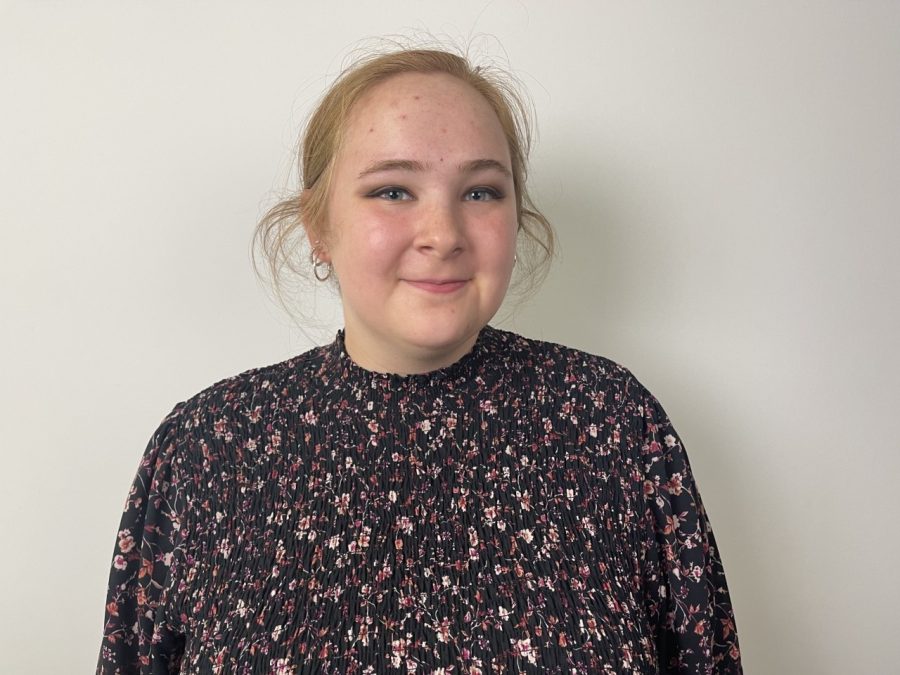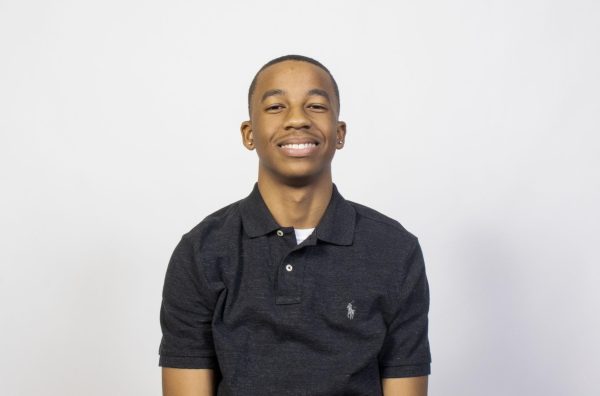COLUMN: Class of ’20 burnt out from COVID-19
October 13, 2021
COVID-19. Everyone is sick and tired of hearing about (important) COVID-19 regulations and rules. It seems like this should have been over ages ago. For some students, it seems like we should still be in our junior or senior year of high school. One minute I was a junior stressing over the SAT, and now somehow, I am 146 miles away from home.
Now, as I am in in-person classes, the pressure is higher than ever. On top of regular anxiety over classes, I am worried about contact tracing, possibly being exposed, or even missing weeks of classes over quarantine or sickness. The day after day exhaustion can push one into burnout.
It seems that there is this phenomenon of a “COVID Burnout.” Students were getting used to the daily routine of staring at a computer screen. Staring at a computer for six or more hours is already draining. I know for me and a lot of students, we unlearned all our in-person learning habits. We had zero attention span to focus during class because we were used to being able to be at home and distracted by other things.
Going through this cycle everyday can cause burnout. You feel tired and unprepared. You may even get mildly sick. During burnout, you can feel lethargic, have headaches, or have trouble sleeping. I am no doctor, but these were common symptoms my friends and I experienced while in burnout. This is no condition to be in to learn anything.
Now, while switching to college life, the burnout is twice as hard. There is the pressure of adjusting to resident hall living, new class styles, and new ideas. It is like putting bricks on an already sinking ship. But what do you do? Although the pandemic is a huge concern, life must go on. One can’t blame all their problems on COVID-19. I know it is hard, but perseverance is key.
There are tips and tricks you can use to stay ahead of burnout or combat it. To stay ahead of burnout, you must be on your toes. Make sure you aren’t falling behind in classes. This includes knowing and comprehending the material. If you don’t understand material, ask for help. It will be a snowball effect of not knowing the basic material and then failing once the materials are stacked on top of each other.
During burnout, your mental health needs to come first. Make sure you are practicing good habits that help your recovery. Do not throw yourself into the fire. You need to slowly weed out the workload and then start to get ahead. Also know it is okay to say “no.” If you don’t feel like going out with your friends, it is okay! You don’t want to pile up the workload during burnout, since it will make things way harder.
Burnout is a common thing. By no means is it fun, but it is manageable. Just remember there are people to help you through it.
Ellen Dooley is a freshman special education major. She can be contacted at 581-2812 or [email protected].













































